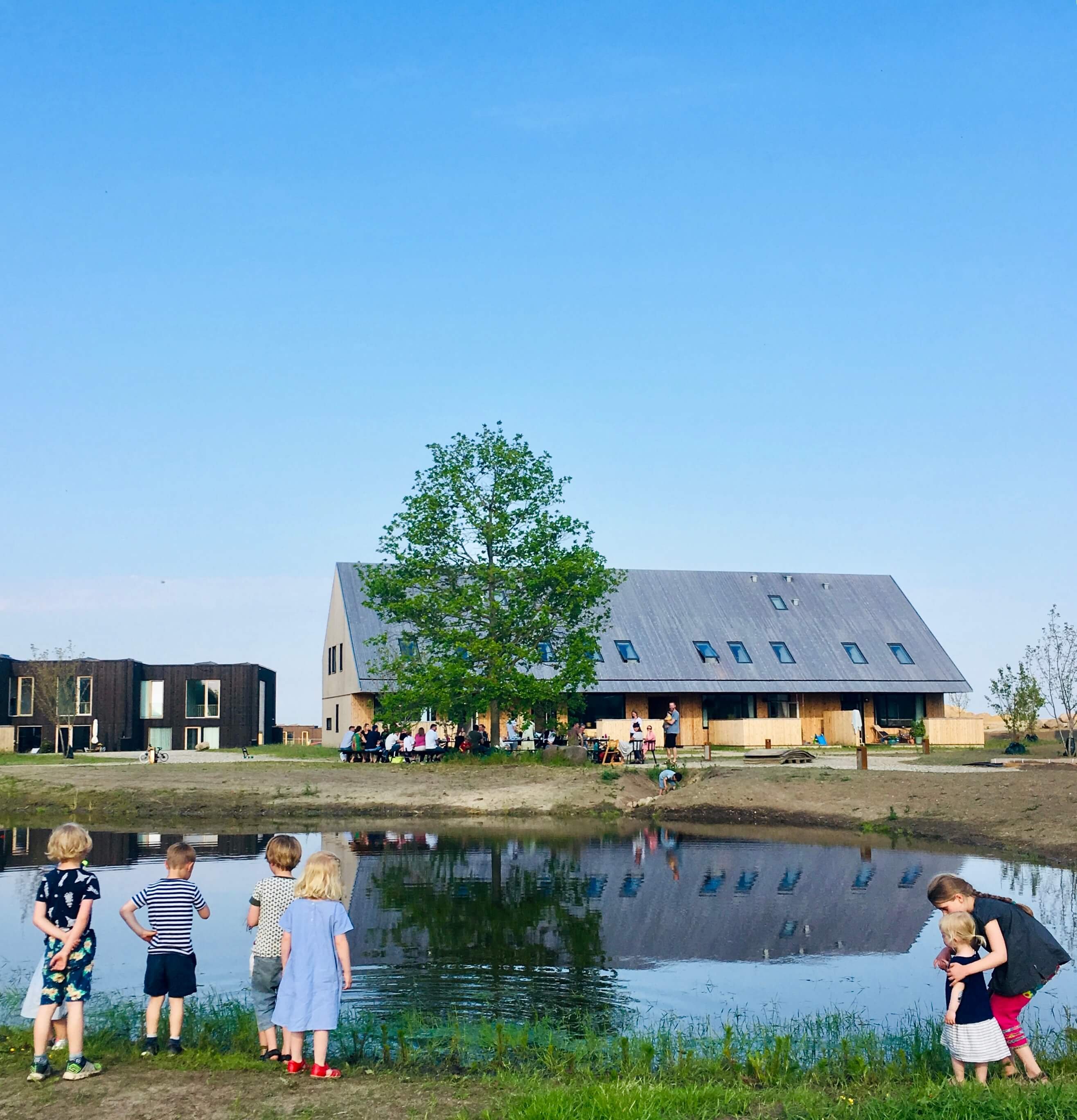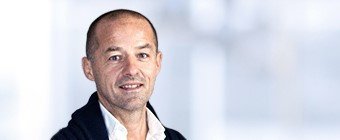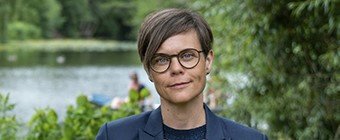Water is at the core of sustainable urban development
03.06.2021
More than 2200 experts from 94 countries are taking part in the digital World Water Congress 2021. COWI is among the presenters and proudly sponsoring the conference about the world’s most precious natural resource.
Water means life, and in a future marked by climate change, the access, distribution and handling of water will become ever more critical. Liveable and sustainable cities around the globe require proper sanitation, sewerage treatment and reliable clean water supplies. And as more than two thirds of the world’s population is projected to be living in urban areas by 2050, the need for innovative and sustainable solutions is more urgent than ever.
Global water demand has increased by 600 per cent in the past 100 years, and the 2018 edition of the United Nations World Water Development Report states that almost six billion people will suffer from clean water scarcity by 2050. That is why some investors have dubbed water “the blue gold”, and the reason why water sits at the core of sustainable urban planning both in Denmark and around the world, according to Carsten Fjorback from COWI’s business unit for Society and Utilities:
“Time calls for a more holistic approach to investments in water and climate adaptation. It improves quality of life in cities and is absolutely central to developing sustainable cities,” Carsten Fjorback says.
WORKING TOGETHER
Carsten Fjorback is one of the 2200 experts from 94 countries currently participating in the digital World Water Congress. The congress is organised around six overarching themes: water utility management; wastewater treatment and resource recovery; drinking water and potable reuse; city-scale planning and operations; communities communications and partnerships; water resources & large scale water management with an emphasis on intelligent and technological water solutions in urban development.
"We can see that Danish companies, knowledge institutions, utilities and municipalities have a lot of experience in the field and offer solutions that can help solve the enormous challenges you see in the water arena, both in Denmark and globally," Carsten Fjorback adds.
Together with Kristian Brunmark from Aarhus Vand, Carsten Fjorback has been selected to do a conference presentation on the development of the NYE district in the city of Aarhus. Here, sustainability and liveability are paramount, in the form of visionary water and climate management, featuring more nature, biodiversity and urban waterways. In addition, the system views rainwater as a resource, collecting and recycling it for toilet flushing and laundry washes throughout the city.

In the modern suburb of Nye in Aarhus, the reuse of stormwater is one of the many solutions to more sustainable usage and recycling of water which are integrated into the planning from the early stages of the project.
THE HOT TOPIC
Another COWI's presenter at the international conference is Maria Magdalena Estevez from Aquateam COWI. In her poster presentation, she shares her interesting findings on the use of phosphorus recovered from sewage treatment plant sludge.
“This is a very hot topic as phosphorus is crucial for feed and food production and our natural reserves are depleting,“ says Maria Magdalena Estevez. Aquateam COWI has investigated sludge from Oslo, Stavanger and Bergen in Norway, where treatment plants use different methods to excrete phosphorus, to find out how much can actually be extracted from sludge for agriculture. The research was carried out in collaboration with IVAR IKS, the Water and Sewerage Authority in Bergen Municipality, and Ullensaker Municipality.
TECHNOLOGICAL SOLUTIONS
Together, global water use, storage and distribution – and the lack of wastewater treatment – account for ten per cent of global greenhouse gas (GHG) emissions, making it key to the net-zero transition. At present, 80 per cent of industrial and municipal wastewater are released untreated.
One of the many innovative approaches to wastewater treatment that are being explored is how to remove the many micropollutants often present in municipal wastewater, such as pharmaceuticals and pesticides. In a study conducted by COWI, Suez Water A/S and Samn Forsyning, the use of multiple point ozonation and integrated activated carbon adsorption are being compared both from a technical and economic point of view.
“Micropollutants in wastewater are a growing issue, and the focus on removal will increase not only in Denmark but globally, so finding the right technical solutions is key. Both multiple point ozonation and integrated activated carbon adsorption show performance that make these technical solutions interesting for full-scale implementation, both in regards to removal and total cost of ownership,” says Morten Boel Overgaard Andersen, Specialist in COWI’s department of Water and Nature.
COMING TO COPENHAGEN
The digital World Water Congress is a preamble to the #WorldWaterCongress & Exhibition, organised by the International Water Association, which will take place in Copenhagen in 2022 and report on the water sector’s progress on the Sustainable Development Goals (SDGs). The emphasis will be on SDG6, which is dedicated to clean water and sanitation for all. The event will also highlight and explore the interwoven relationship between water and all 17 of the global SDGs, and explore the critical role technology can play in improving access to water and sanitation in low-income countries.
Get in contact

Carsten Fjorback
Technical Director
Water and Nature, West, Denmark
Tel:
+45 41764266
cafk@cowi.com
Get in contact

Gitte Godsk Dalgaard
Senior Vice President
Society and Utilities, Denmark
Tel:
+45 56408290
ggda@cowi.com